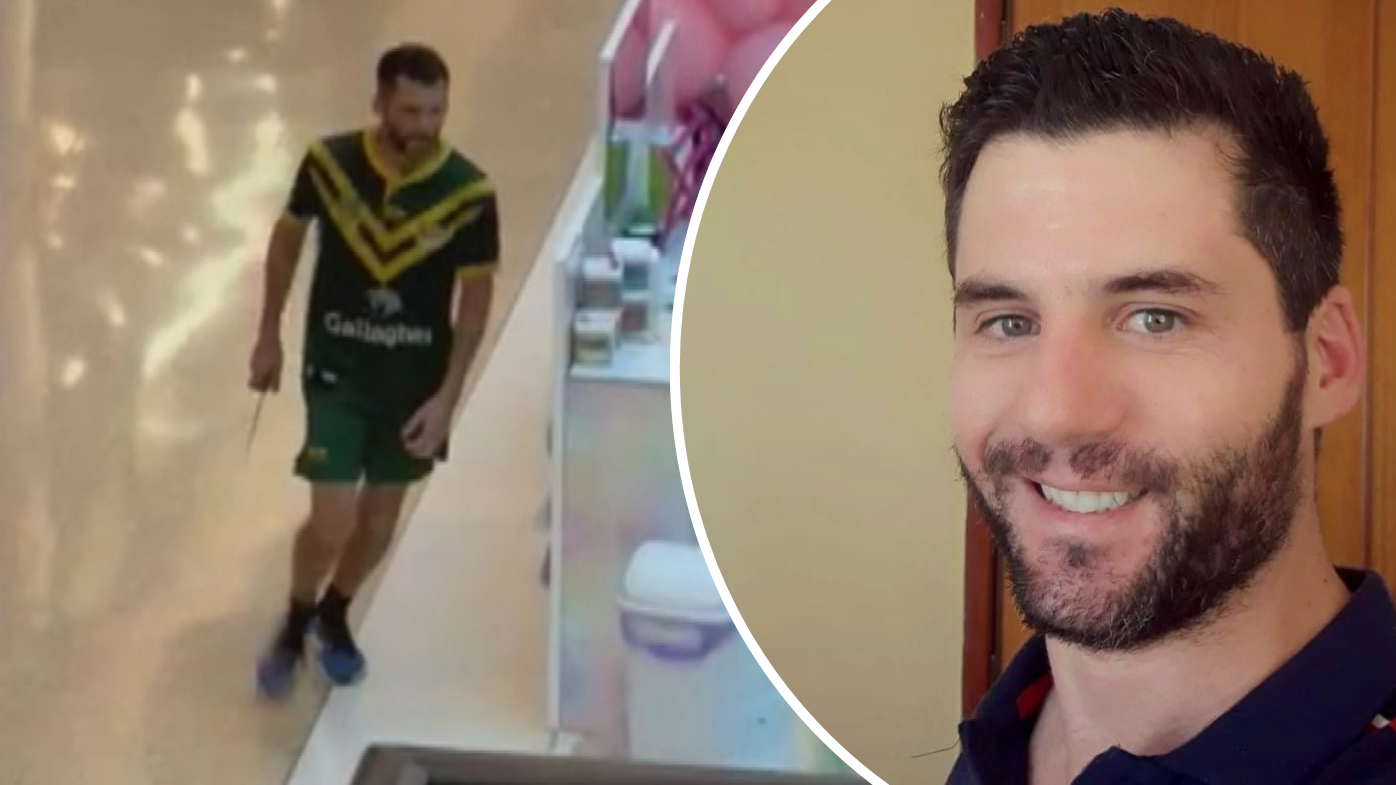
A long-time psychiatrist for a man who killed six people in a stabbing rampage was likely deliberately disingenuous as she played down his illness and should be investigated, a coroner has been asked to find.
A long-time psychiatrist for a man who killed six people in a stabbing rampage was likely deliberately disingenuous as she played down his illness and should be investigated, a coroner has been asked to find.
Joel Cauchi, 40, was experiencing acute psychotic symptoms when he killed six people and injured 10 others, including a nine-month-old baby, inside Westfield Bondi Junction shopping centre.
Dawn Singleton, 25, Ashlee Good, 38, Jade Young, 47, Pikria Darchia, 55, Yixuan Cheng, 27 and security guard Faraz Tahir, 30, all died in the April 13, 2024, attack.
READ MORE: 'Shameless attention seeking': Politicians lash Hanson's burqa stunt
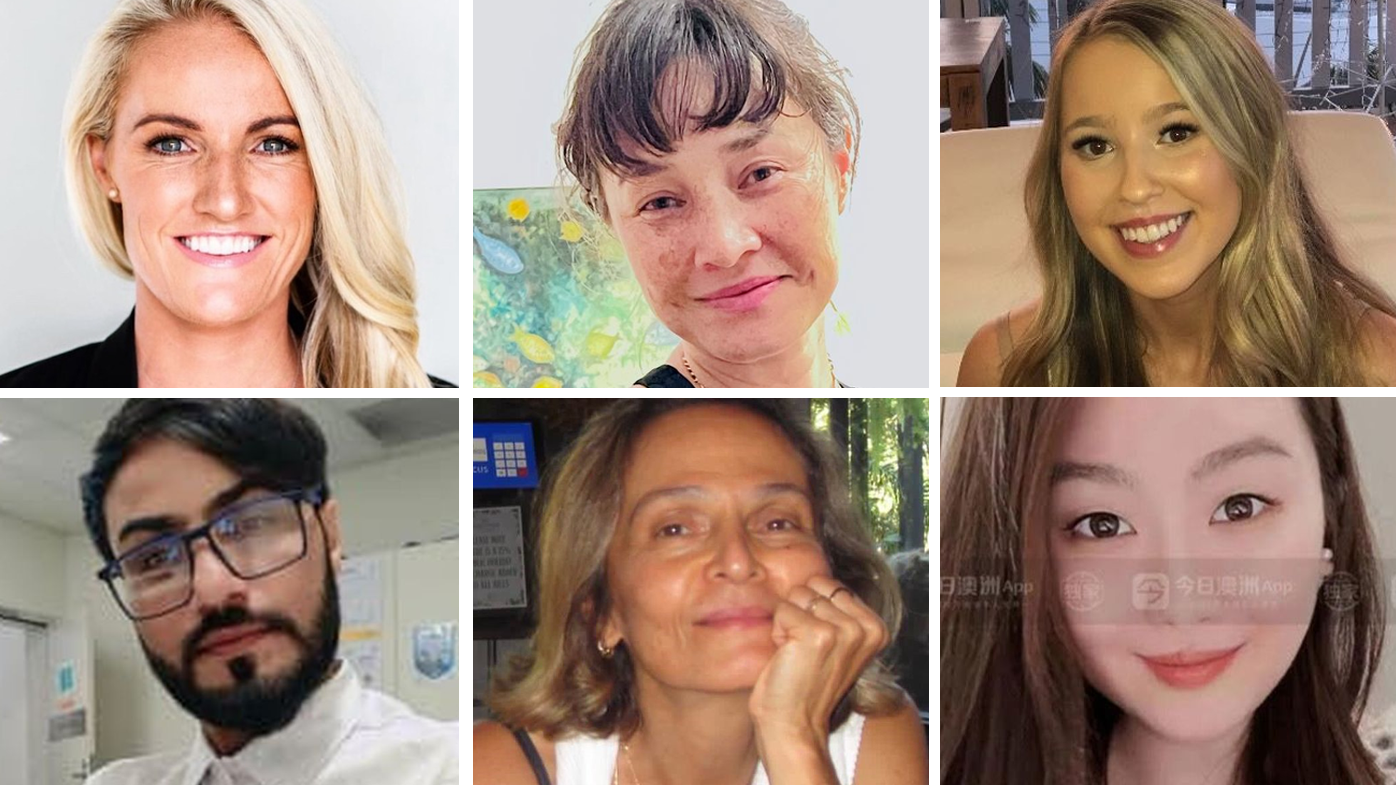
Cauchi had been successfully treated for schizophrenia since he was a teenager but he was weaned off antipsychotic medication and fell through the cracks before the deadly incident.
Andrea Boros-Lavack, who treated Cauchi for eight years, initially gave evidence he did not have chronic schizophrenia and he was not unwell at the time of the attack.
"I honestly believe, that is my opinion, that it was nothing to do with psychosis," she told the inquest in the deaths.
That answer "was shocking, it was genuinely shocking," counsel assisting Peggy Dwyer SC said today.
As she outlined findings and recommendations the coroner could make about events leading to the April 2024 attack, Dwyer said Boros-Lavack's answer - recanted the next day - had caused distress to the families of the victims.
Her characterisation of his mental health illness as prolonged first episode psychosis was "at best misconceived," Dwyer said.
But it was "more likely (a) deliberately disingenuous" attempt to justify her own decision to wean him off medication and her statement that he was not unwell at the time of the attack, the coroner was told.
READ MORE: Man from high-profile family accused of raping woman
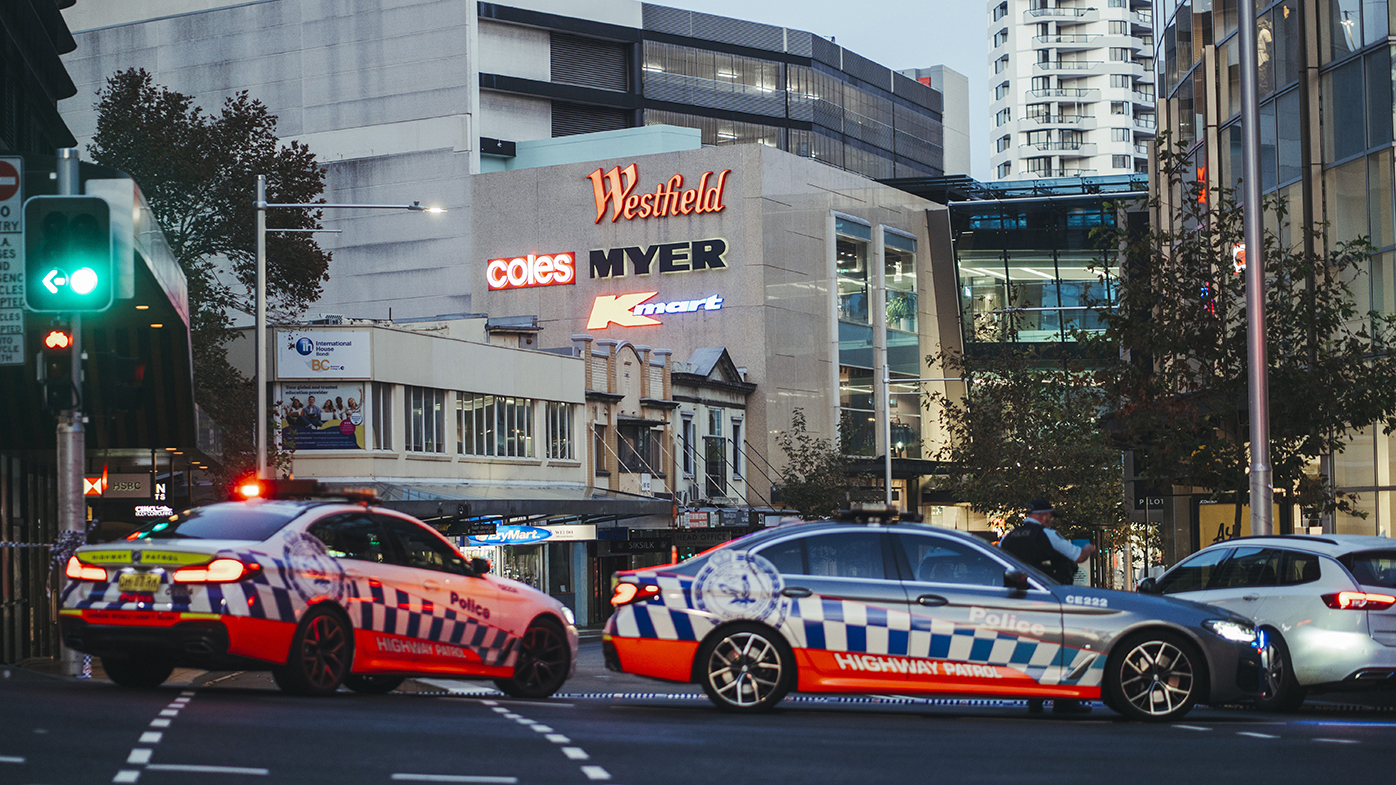
Boros-Lavack, through her lawyer, disputes she suggested Cauchi was not unwell at the time.
The inquest is probing issues including whether Cauchi's mental health was appropriately managed and whether there were missed opportunities to detect his deterioration.
There were multiple red flags in the months after Cauchi was taken off his medication, Dwyer said.
But they were not noted by the treating psychiatrist when she discharged him into the care of his GP, she said.

The psychiatrist has since accepted there were deficiencies in the way she handed over Cauchi's care, including not flagging his relapse symptoms or the high risk that he would relapse.
Dwyer said the concession was welcome but would not be accepted by the coroner as genuine because Boros-Lavack had been "lacking in insight" as a witness.
"It was exceptional the level of belligerence and confrontation Boros-Lavack demonstrated in the witness box," the counsel assisting said.
"It's highly concerning that someone charged with the care of some of the most vulnerable in our society would be so unwilling to reflect and learn".
The families of Cauchi's victims have called for the psychiatrist to be referred to a regulatory body following her evidence, the inquest was told.
Dwyer said it was an option open to State Coroner Teresa O'Sullivan, noting the inquest was not charged with reviewing the psychiatrist's treatment history.
Dwyer recommended the implementation of a preventative mental health care model, rather than a crisis-driven approach.
"It's an opportunity to look at this tragedy and see whether there are broader reforms that could save lives," Dwyer said.
The inquest continues.
READ MORE: Aussie mum living off-grid in Italy has children removed
DOWNLOAD THE 9NEWS APP: Stay across all the latest in breaking news, sport, politics and the weather via our news app and get notifications sent straight to your smartphone. Available on the Apple App Store and Google Play.
 Deadly bird flu strain reaches Australian territory for the first time
Deadly bird flu strain reaches Australian territory for the first time
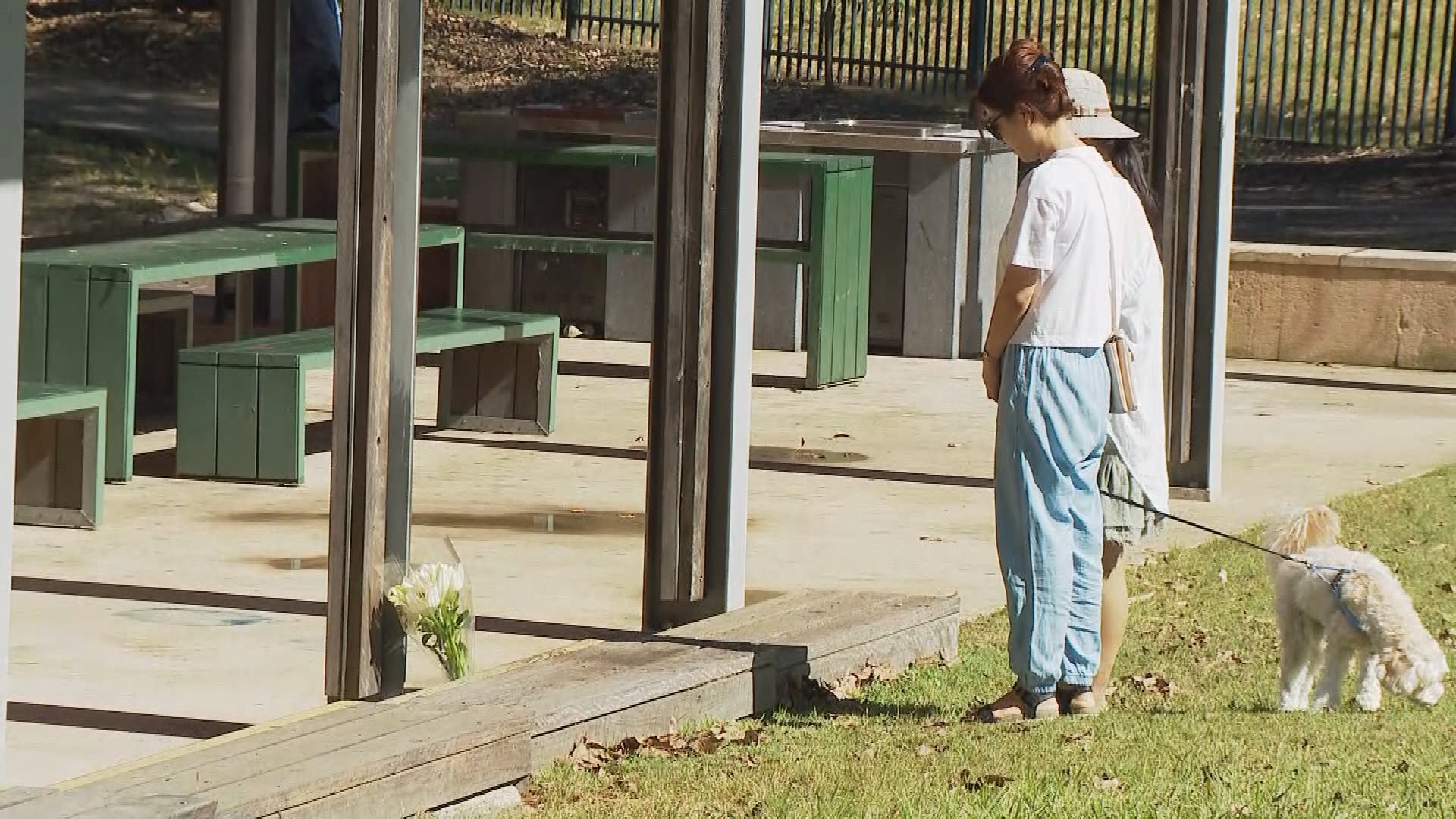 'I stabbed another boy': Teenager accused of fatal stabbing to stay behind bars
'I stabbed another boy': Teenager accused of fatal stabbing to stay behind bars
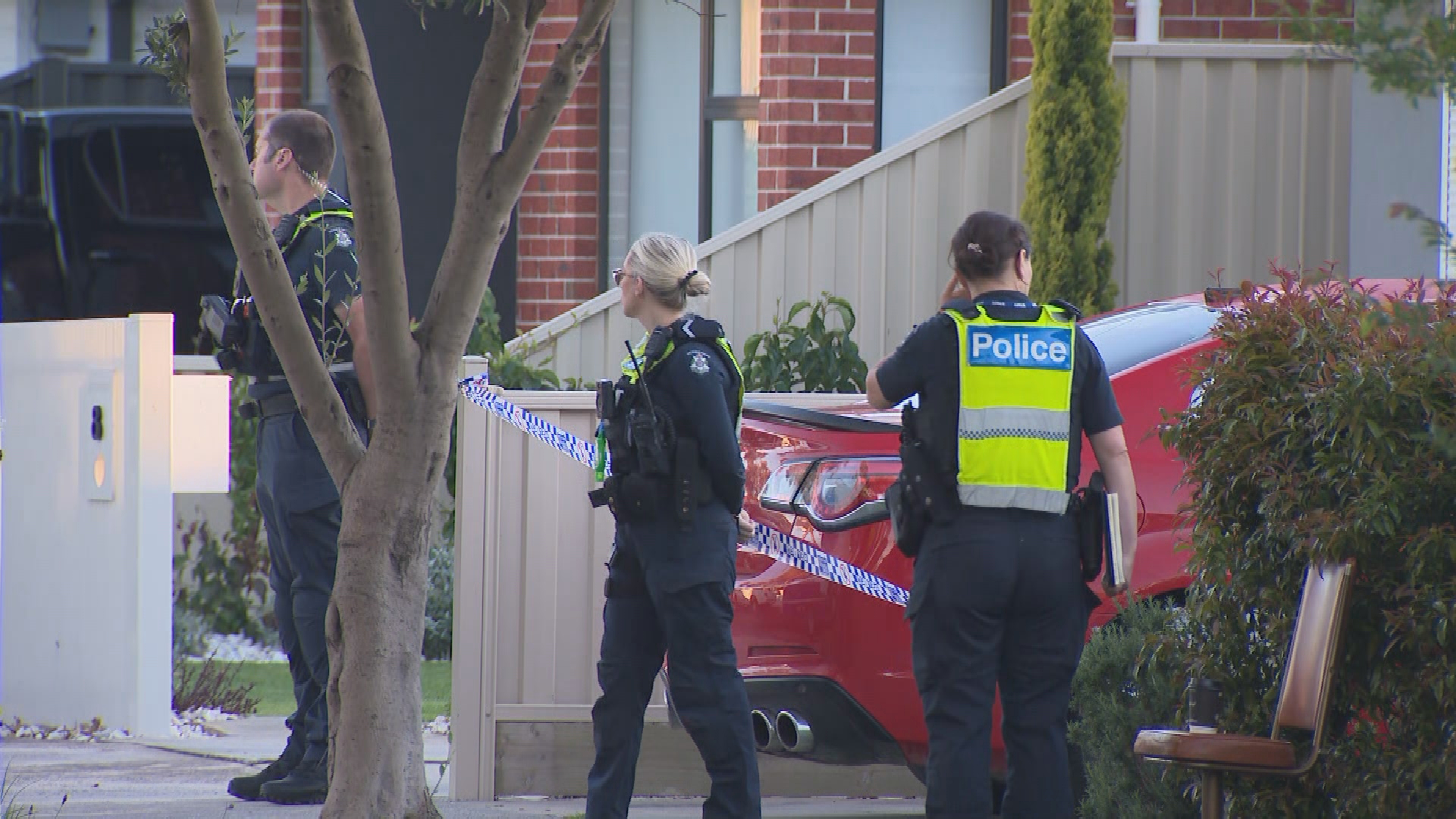 Man shot dead in Melbourne backyard
Man shot dead in Melbourne backyard
 Police investigating after dead horse found with gunshot wound in Queensland
Police investigating after dead horse found with gunshot wound in Queensland
 The supermarket change that could help Aussies eat healthier and save money
The supermarket change that could help Aussies eat healthier and save money
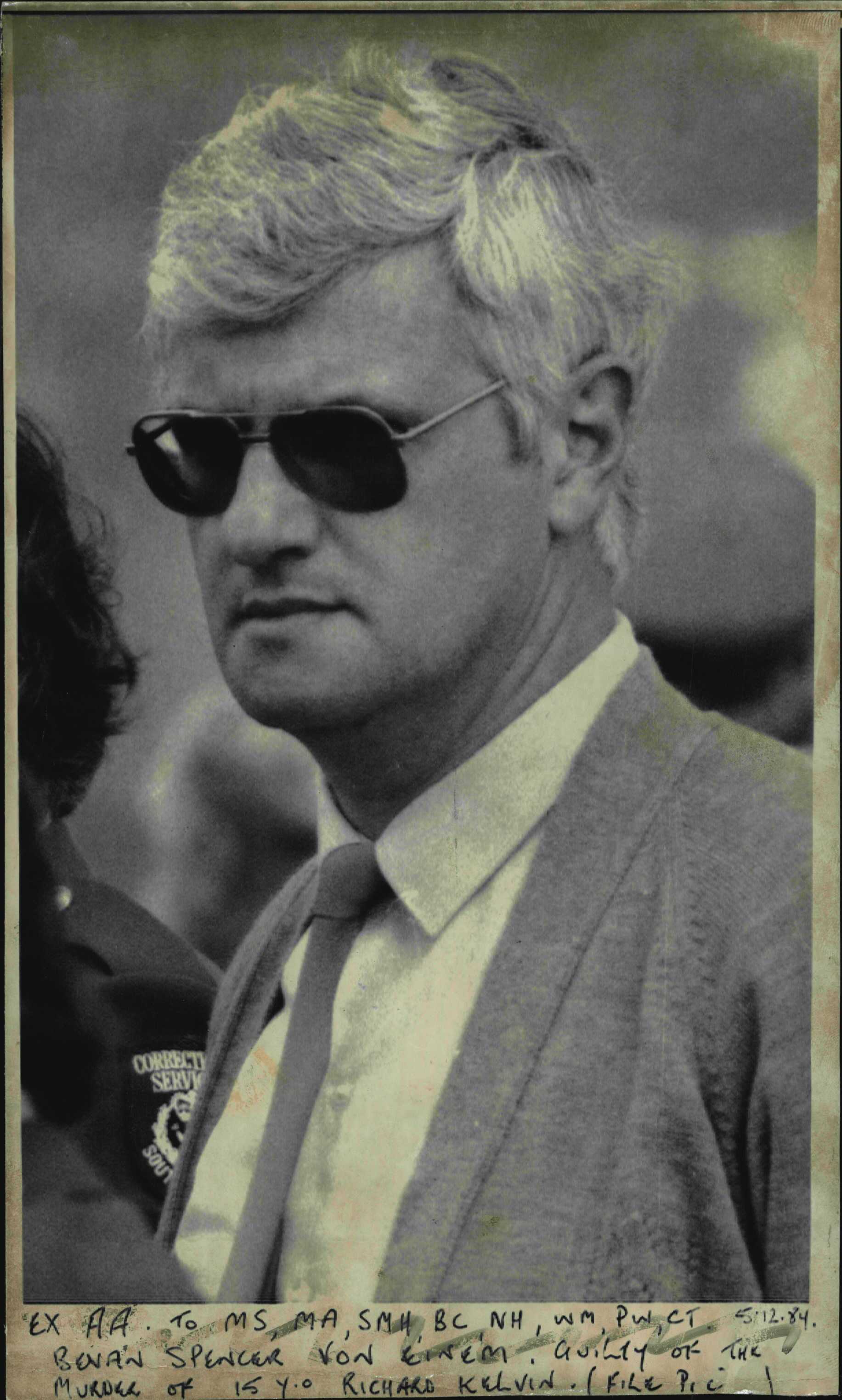 Notorious child killer with short time to live feared to take secrets to the grave
Notorious child killer with short time to live feared to take secrets to the grave
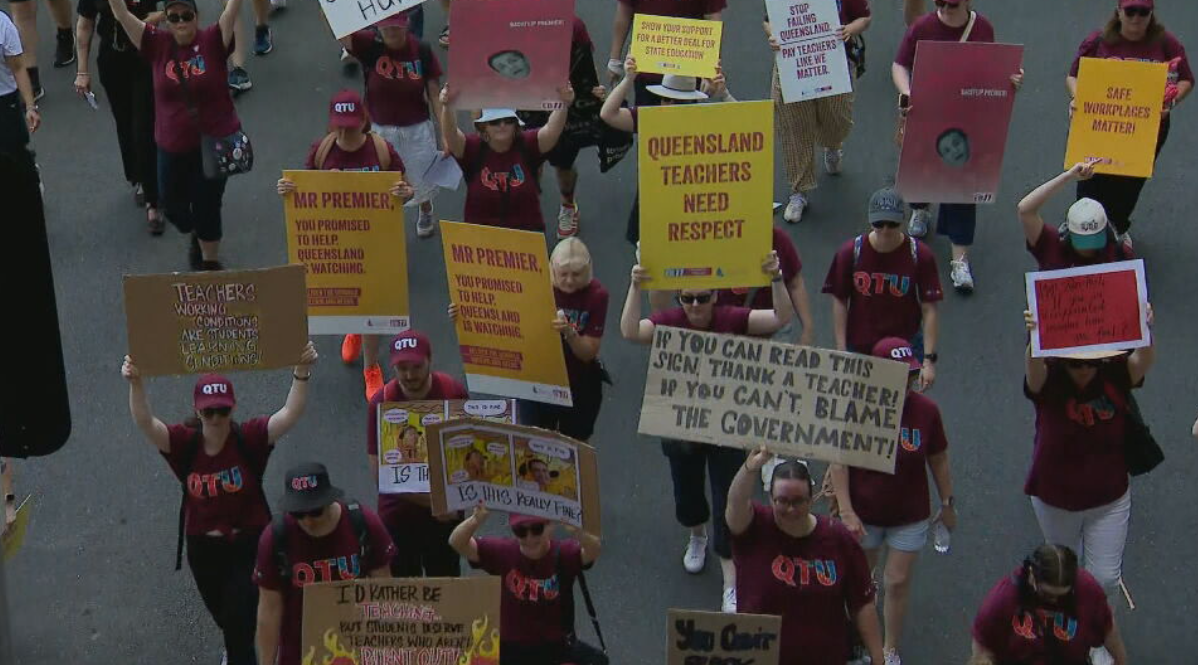 Queensland teachers strike for second day amid stalemate over arbitration
Queensland teachers strike for second day amid stalemate over arbitration
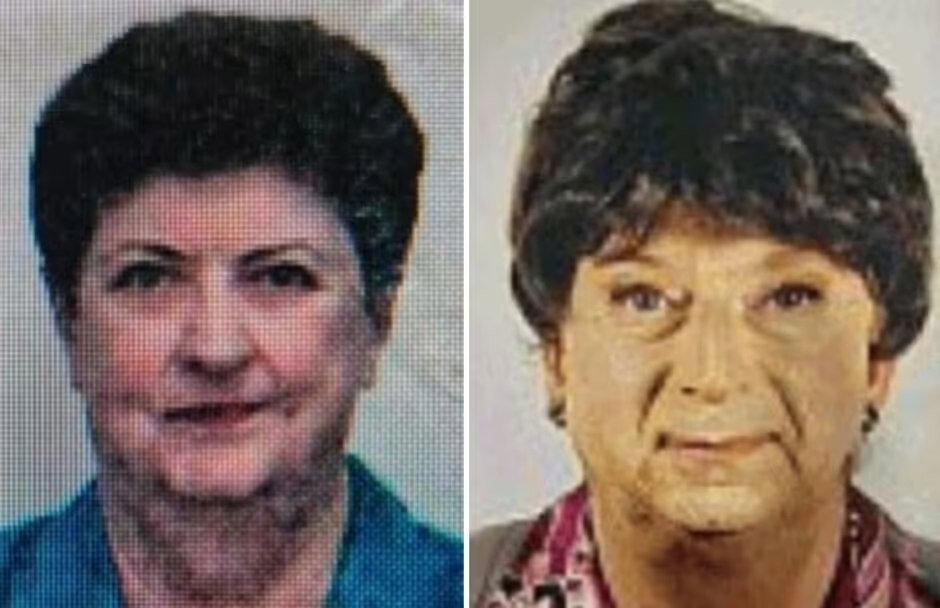 Man dresses as dead mother in Mrs Doubtfire scheme to collect pension
Man dresses as dead mother in Mrs Doubtfire scheme to collect pension
 Thousands of Aussies will lose their data in a matter of weeks
Thousands of Aussies will lose their data in a matter of weeks
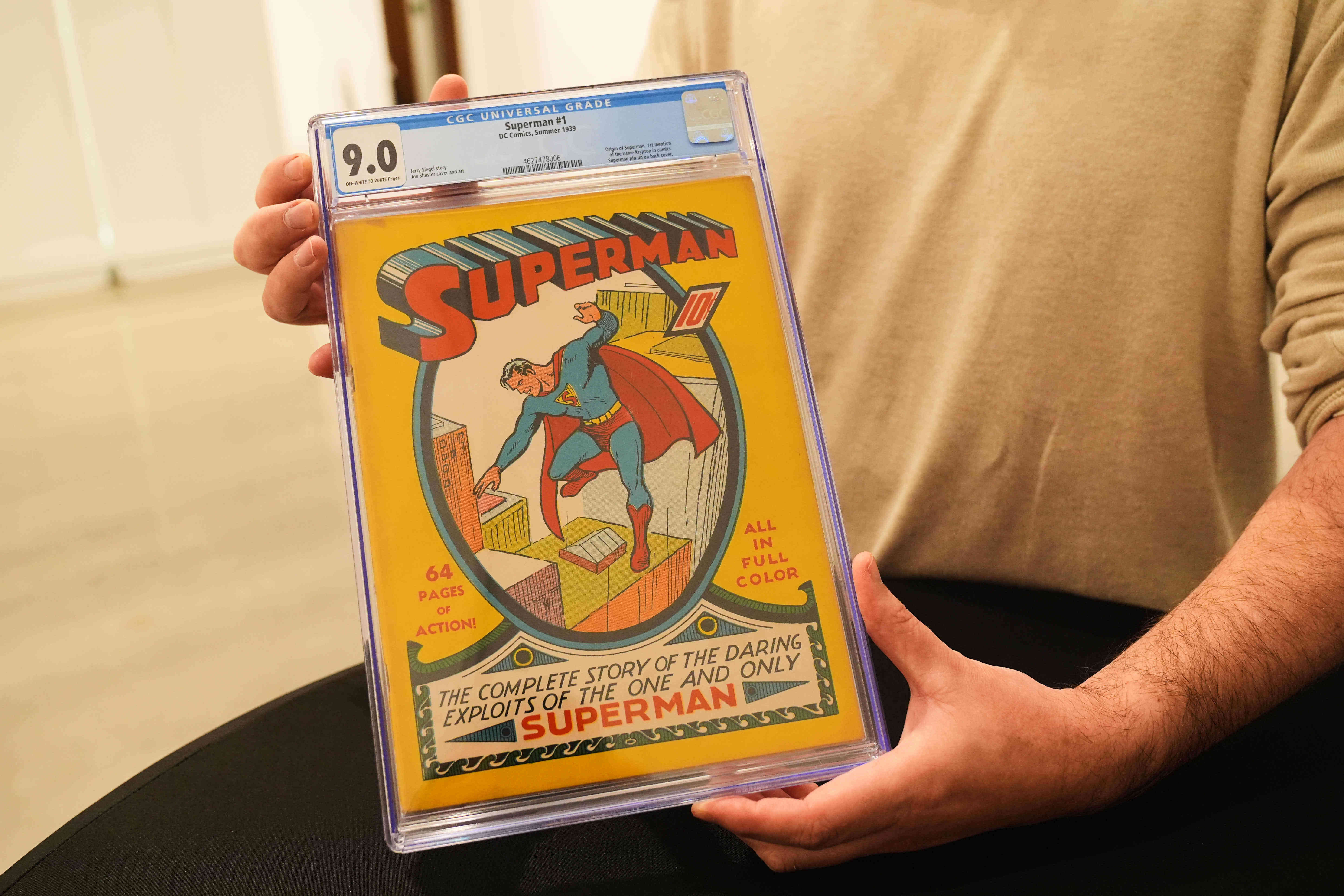 Brothers discover comic book worth $14.1 million in late mother's home
Brothers discover comic book worth $14.1 million in late mother's home
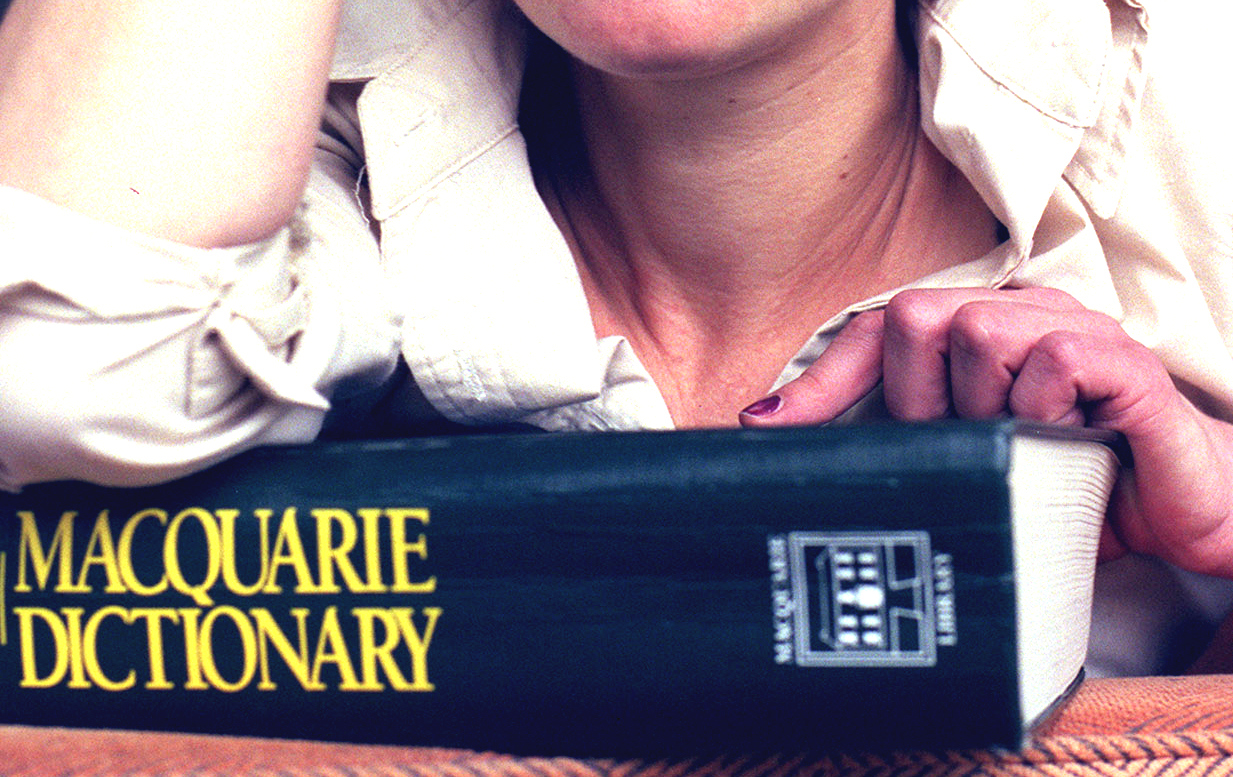 Macquarie Dictionary reveals its word of the year
Macquarie Dictionary reveals its word of the year
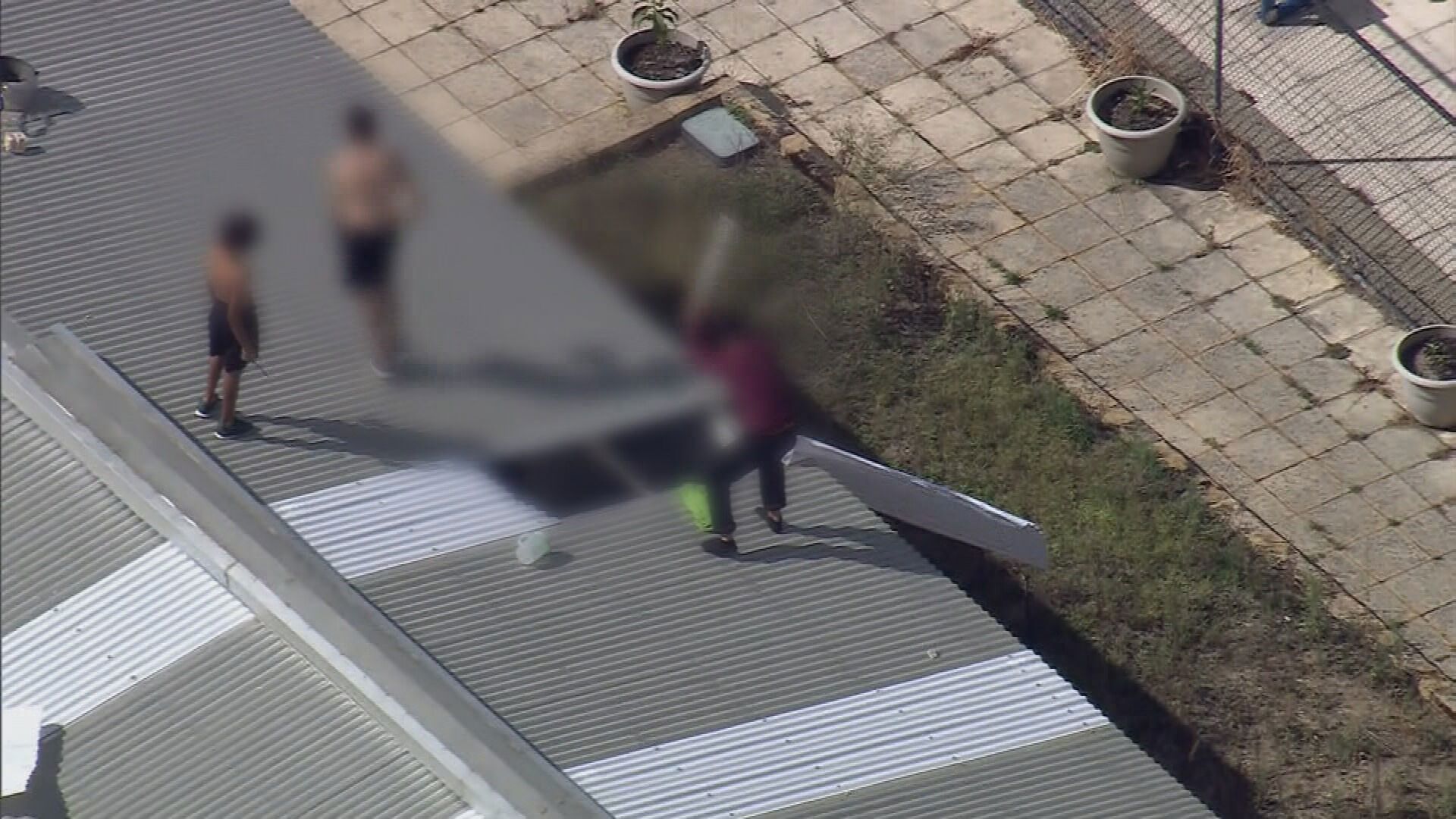 Youths removed from detention centre roof after 18-hour stand-off
Youths removed from detention centre roof after 18-hour stand-off
 French traveller stuck in Malaysia in attempt to make it to Australia without flying
French traveller stuck in Malaysia in attempt to make it to Australia without flying
 Why the crypto market is crashing
Why the crypto market is crashing
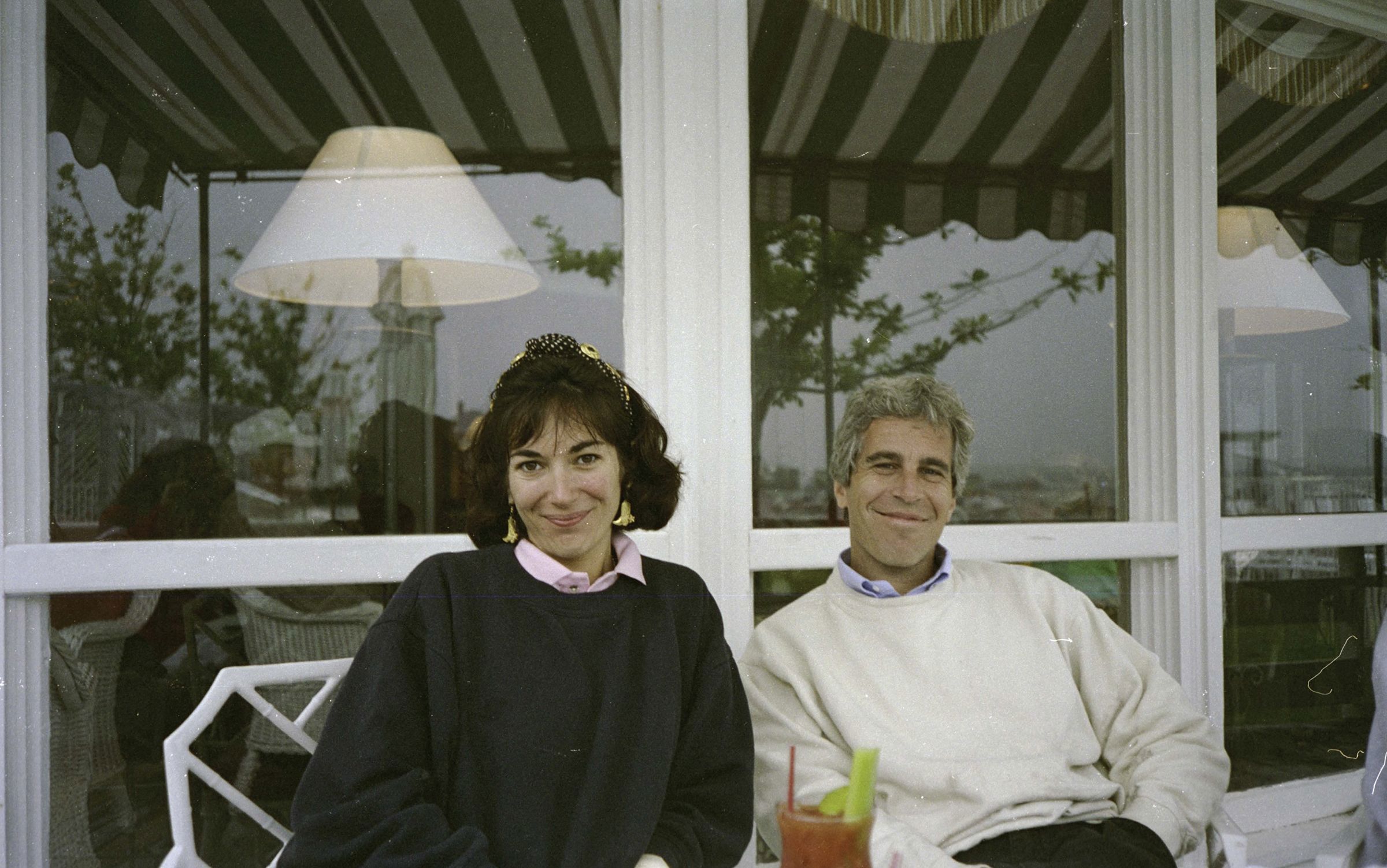 New push for judges to release Epstein jury transcripts
New push for judges to release Epstein jury transcripts
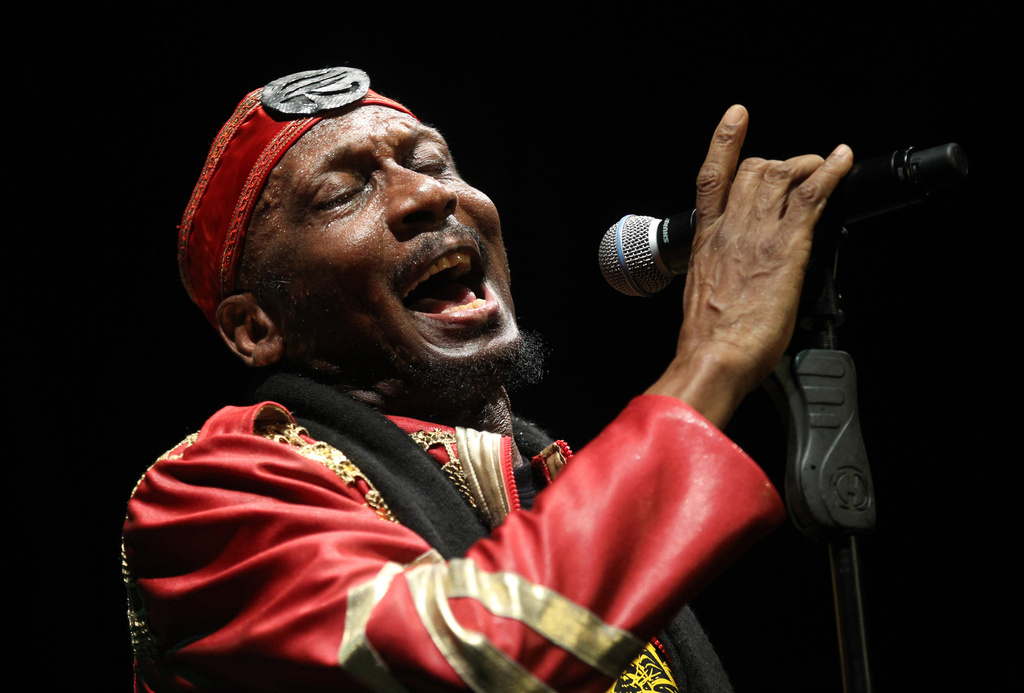 Reggae giant and The Harder They Come movie star Jimmy Cliff dead at 81
Reggae giant and The Harder They Come movie star Jimmy Cliff dead at 81
 Judge throws out cases against two of Trump's political enemies
Judge throws out cases against two of Trump's political enemies






